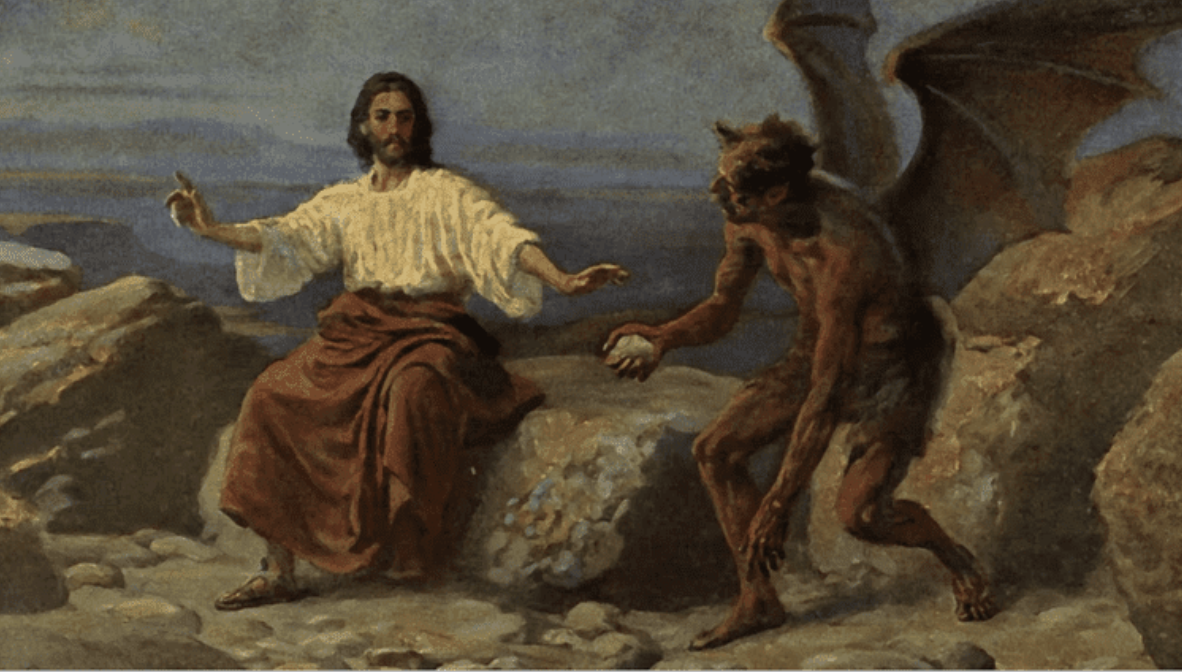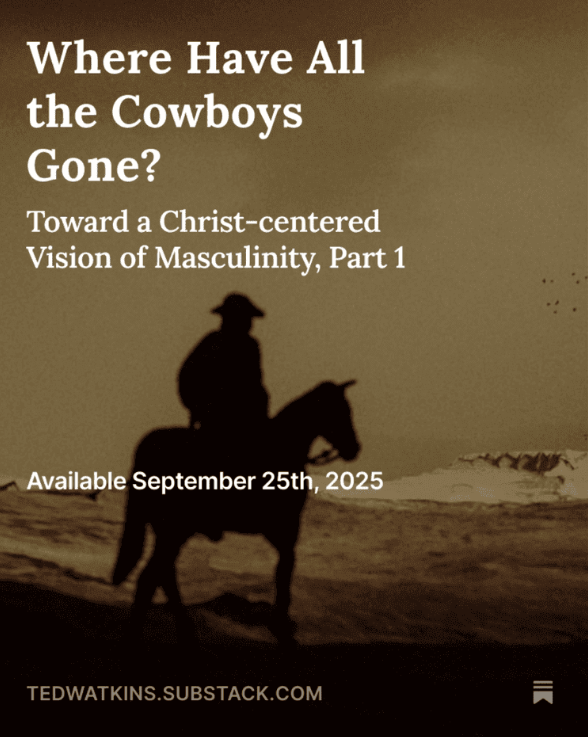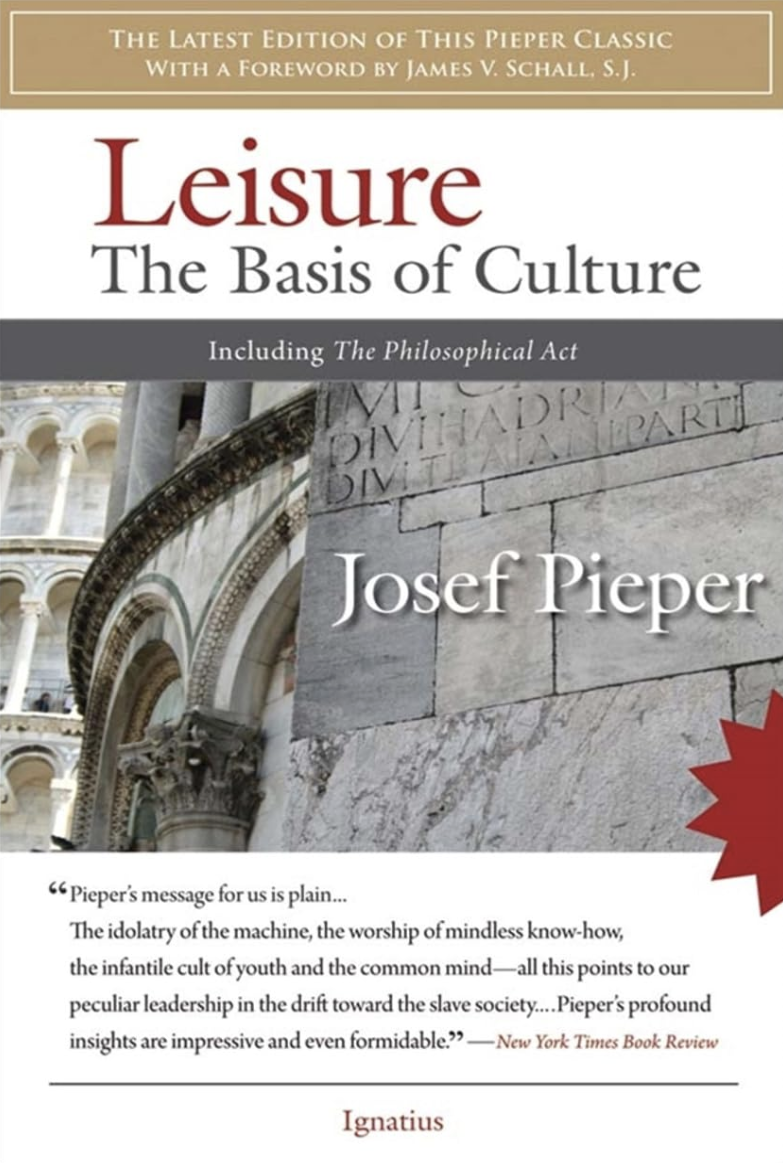Food for Eternity
Matthew 4:2-4 - Jesus, Hunger, and Bread
“…He was hungry” is quite the understatement.
—
A couple years ago, friends and I tried a three-day fast between Holy Thursday and Easter Sunday.
After Mass, one of our priest-friends told us: “You guys look dead. Go home and eat something.”
We weren’t disheveled; we were dressed in our Sunday best. But we were a little lifeless (to say the least).
—
40 days?
“Ravenous” or “starving” sounds more fitting.
Surveying the breadth of salvation history, Jesus (in those 40 days) recapitulates the Israelites’ 40 years of wilderness wanderings.
Although a physical famine originally brought them to Egypt, spiritual famine kept Egypt in their hearts even while God performed miracles with manna.
Unfortunately they always wanted a “bread king.” But what they were too hungry (or rather too blind) to see was that God’s salvation for them was never about economics or politics.
I know I’ll be happy when…we have more money, a bigger house, that new car, that vacation or the big promotion.
We must put to death these earthly desires for fulfillment and be reconfigured with eternal ones.
That hunger for the eternal that we possess in our hearts? Food for the flesh will always fail to satisfy.
In this passage, when Jesus quotes Deuteronomy 8:3 to the Devil, that “Man shall not live by bread alone, but by every word that comes from the mouth of God,” the question is not what is that word, but rather who?
Jesus himself is the Word from the mouth of God that satisfies the hungry heart.
And until He is our daily bread, we will always remain hungry.
Onward and upward,
Ted
For more content, check out one of my latest pieces on Substack: Where Have All the Cowboys Gone?
A Book Worth Reading
What if our culture’s foundation wasn’t built on endless productivity, but on the kind of rest that opens us to truth and beauty? In Leisure, the Basis of Culture, Josef Pieper contends that authentic leisure, far from idleness, is a posture of receptivity, contemplation, and worship. Against a modern world that reduces human value to work and utility, Pieper insists that real culture springs from this deeper leisure, giving rise to philosophy, art, and festivity. His vision calls us to rediscover leisure as the ground of human flourishing and the renewal of culture itself.
If you’ve enjoyed these reflections, please considier a paid membership or buy me a coffee.
If now isn’t the right time, I’d be grateful if you shared Into Deep Water with a friend.


